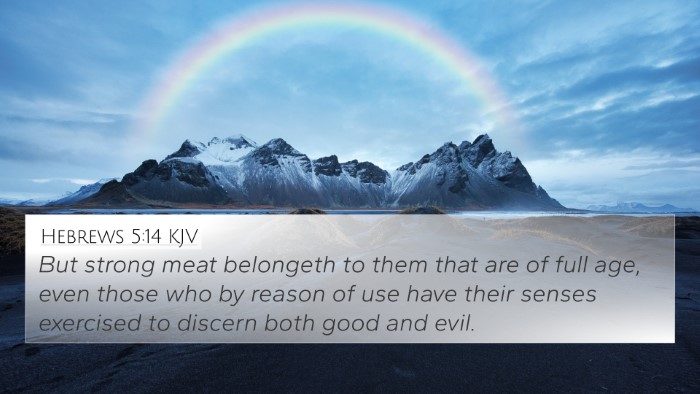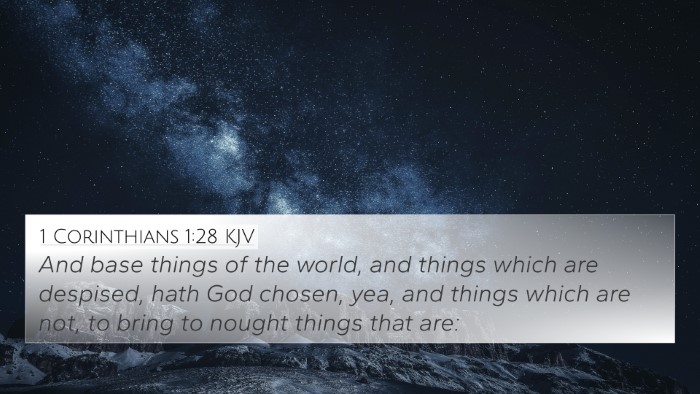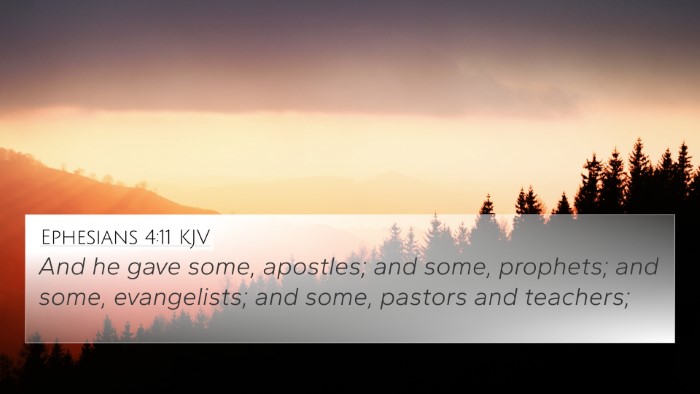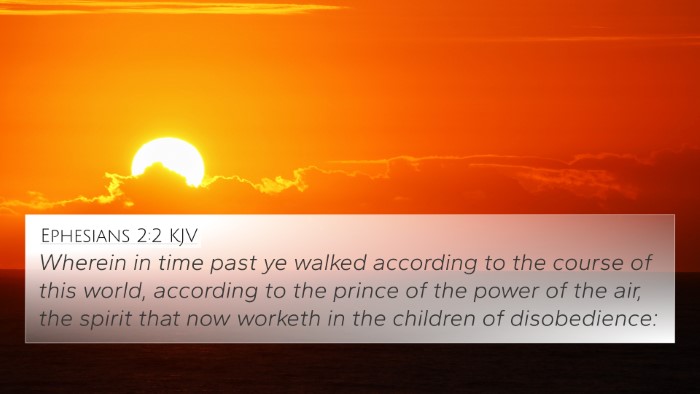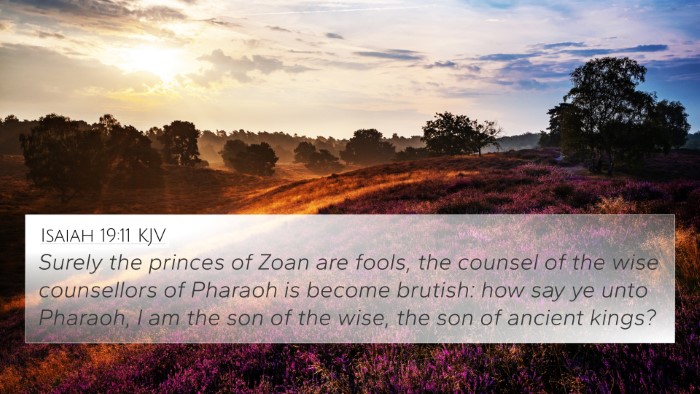Understanding 1 Corinthians 2:6
1 Corinthians 2:6 states, "Yet among the mature we do impart wisdom, although it is not a wisdom of this age or of the rulers of this age, who are doomed to pass away." This verse encapsulates a profound contrast between earthly wisdom and divine wisdom. The Apostle Paul emphasizes that the wisdom he teaches is not the kind sought after by the worldly or the wise of this age, but a deeper understanding that comes from God. This distinction calls for a thorough examination through various scriptural lenses.
Interpretation and Insights
According to Matthew Henry, the wisdom imparted by the apostles aligns with spiritual maturity, which differs radically from the transient intelligence of secular leaders. Henry suggests that this divine wisdom leads to a greater grasp of God’s mysteries, fostering unity among believers. Meanwhile, Albert Barnes highlights that Paul refers to the wisdom of God that unveils truth beyond human understanding, reshaping how believers view their spiritual journey. Adam Clarke adds that the age's rulers, representing worldly authority, are destined to perish, emphasizing the importance of investing in eternal wisdom over temporal knowledge.
Thematic Connections
The verse invites a thematic exploration, linking it with other passages that underscore the contrast between worldly wisdom and divine truth. Below are some relevant Bible verse cross-references that elaborate on the themes of wisdom:
- James 3:13-17: Here, James contrasts earthly and heavenly wisdom, underscoring the purity and peace that accompany godly wisdom.
- Proverbs 3:19: This verse asserts that the Lord founded the earth by wisdom, establishing the divine nature of true knowledge.
- Isaiah 29:14: It discusses the wisdom of the wise being thwarted by God's sovereign plans, reinforcing the idea that divine wisdom surpasses human intellect.
- 1 Corinthians 1:20-21: Paul questions the wisdom of the world and points toward God’s folly as wiser than men, illustrating the divine irony in salvation.
- Romans 11:33: This doxology praises the depth of God’s riches and wisdom, highlighting the inscrutability of divine judgments.
- Colossians 2:3: Paul refers to the hidden treasures of wisdom and knowledge found in Christ, paralleling his teachings in 1 Corinthians.
- Luke 10:21: Jesus prays that God has hidden these things from the wise and revealed them to children, emphasizing divine revelation over human wisdom.
Cross-Referencing Biblical Texts
To enrich your Bible study, employing tools for cross-referencing is invaluable. Bible concordances and cross-reference guides serve as excellent resources for identifying connections between Old and New Testament discussions on wisdom, truth, and divine revelation. For instance, examining the comparative analysis of Pauline epistles often reveals repeated themes of wisdom and maturity in Christ, which can further illuminate the message of 1 Corinthians 2:6.
Practical Application
Understanding the implications of 1 Corinthians 2:6 enriches the believer's approach to spiritual maturity. By embracing the wisdom God imparts through the Holy Spirit, Christians are encouraged to seek understanding not from worldly standards but through prayer and study of the Scriptures. This highlights the transformative nature of engaging with Bible verses that relate to one another, nurturing an inter-Biblical dialogue that is significant for personal growth and community edification.
Conclusion
In sum, 1 Corinthians 2:6 serves as a foundational verse in discerning the nature of divine wisdom in contrast to human understanding. The insights from public domain commentaries provide a robust framework for interpreting this passage, encouraging believers to delve deeper into their faith while supporting their discovery through comprehensive Bible cross-reference materials.
Explore Further
If you're interested in digging even deeper, consider how to find cross-references in the Bible to broaden your understanding. Identifying connections between various scriptures may reveal a cohesive biblical narrative and offer insights into God's overarching plan for humanity.




